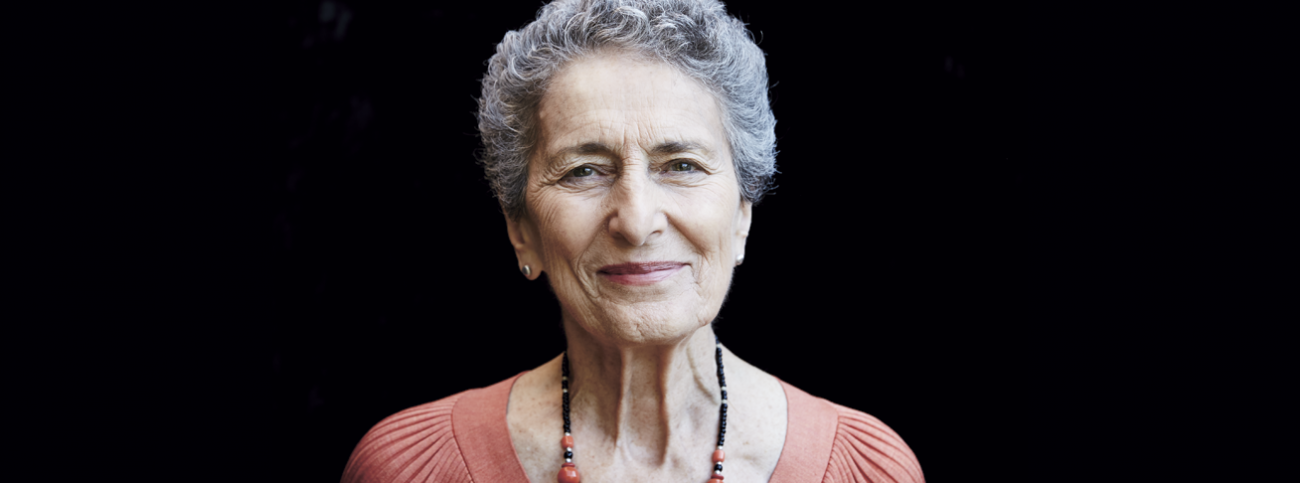
Natalie Zemon Davis is professor of medieval studies, adjunct professor of history and anthropology, and senior fellow in comparative literature at the University of Toronto. A pioneering researcher, writer and activist, she’s authored eight books and acts as historical consultant on movies and plays, including the film version of her 1982 work The Return of Martin Guerre. Lately, she’s added her voice to those urging the government to implement the recommendations of Canada’s Fundamental Science Review.
Your non-conformist approach to writing and research has garnered not only accolades from experts, but also attention from much wider audiences. How do you account for your style?
I’m a historian of social history, women and the family. I always tried to write well, and love to think of myself as a storyteller because it reaches people. My research focused on the previously relatively un-examined lives of peasants, women and the downtrodden between the 16th and 18th centuries. My writing style has grown and is now historical with a strong dash of anthropological and literary approaches, as I’ve been deeply interested for decades in the questions anthropologists pose and the attention that literary writers pay to language and style.
Would you call it “historical fiction”?
Not fiction. When I write something, it must be grounded to some extent to evidence from the past. If it’s uncertain, then I must use the marker that a fiction writer would not have to use: “perhaps,” “we may think that,” “maybe,” or my favourite, “surely.” If I’m really unsure, I use a question: “We don’t know, but might we think that…?” And by asking the question, I expand an area of thinking about the past. I do try to write in a way that uses the best features of fictional style. But not fiction! I love to use quotes and I use them all the time but they must be from the primary sources.
Your approach has clearly resonated with many and recognition for your work includes the 2010 Ludwig Holberg International Prize from Norway for outstanding advances in the humanities, the 2012 National Humanities Medal presented to you by Barack and Michelle Obama, and the list goes on. What does this recognition mean to you?
I cared hugely about the Holberg Prize partly because it linked me to scholars all over the world, but also because it made a difference to women in Scandinavia to see a woman receive the award. I was happy to represent something. The US award was very special as receiving it from President Obama with Michelle there meant a great deal to me. The idealism and dignity they brought to the office, and the speech he gave was beautiful.
During the “red scare” of the 1950s, you and your husband Chandler Davis were living in the US and became implicated. Your passports were seized for years, he was jailed briefly and no American university would hire him after. How did you overcome these challenges?
This is why receiving the award from Obama was a nice closing by the government, of a circle. A bit of irony is apparent. After our passports were taken, I could not return to France to continue my research, but I completed my dissertation using materials from US rare book libraries. Then the University of Toronto offered us jobs in the 60s and CAUT was instrumental in getting us to Canada after our immigration was held up. The crucial thing was persistent activity on our case by then CAUT executive secretary J.H. Stewart Reid.
Can you draw any parallel between the McCarthyism under which you suffered to the current environment in the United States?
I think it’s a very serious situation. A different group is being targeted — immigrants. The situation with regard to academic freedom on campuses is very serious as well. It seems worse now than the 50s, and social media magnifies everything. The rhetoric of vituperation is worse today.
You’ve added your voice to the chorus of experts calling for increased funding for basic research. Why do you feel this is important?
Creativity and advancement in the humanities and social sciences can only be made when there are new questions asked. If you want to just plod along filling in the archive, fine. But if you want a field to advance in a way that is significant not only for scholars but also for the rest of society at large, then you’ve got to be willing to support something that is brand new. And that comes from being willing to take a risk.